On January 31, 2025, Hungarian Prime Minister Viktor Orbán reiterated his opposition to EU sanctions against Russia, claiming they have cost Hungary €19.5 billion over three years. He threatened to veto the extension of these sanctions if the European Commission does not meet its energy security commitments to Hungary.
- Orbán opposes EU sanctions on Russia.
- Hungary claims €19.5 billion economic loss.
- Threatens veto on extending EU sanctions.
- Criticizes Ukraine's gas supply cut decision.
- Hungary may lift sanctions if guarantees unmet.
- Emphasizes veto as last resort option.
Orbán’s remarks come amid ongoing tensions between the West and Russia following the latter’s invasion of Ukraine. He has a history of threatening to use his veto power on EU sanctions, which require unanimous agreement from member states. Despite these threats, he has not yet acted on them. Orbán emphasized that Hungary’s economy has been significantly impacted by the sanctions, which he deems unacceptable.
He stated, “A decision on sanctions must be taken every six months. And if the Commission does not fulfill its guarantees, then we will not only start talking about lifting the sanctions, we will lift them.” Orbán suggested that Hungary could independently decide to end sanctions if necessary, highlighting the gravity of the situation.
Key points from Orbán’s statements include:
- Hungary’s €19.5 billion economic loss attributed to EU sanctions.
- The potential for Hungary to veto future sanctions if energy security guarantees are unmet.
- Orbán’s history of threatening to veto without follow-through.
As tensions in Europe continue, Orbán’s stance reflects Hungary’s unique position within the EU regarding sanctions against Russia. His comments underscore the ongoing debate over the effectiveness and consequences of such measures on member states’ economies.
In summary, Orbán’s opposition to EU sanctions highlights Hungary’s economic concerns and the potential for significant political maneuvering within the EU as member states navigate their responses to the ongoing conflict in Ukraine.



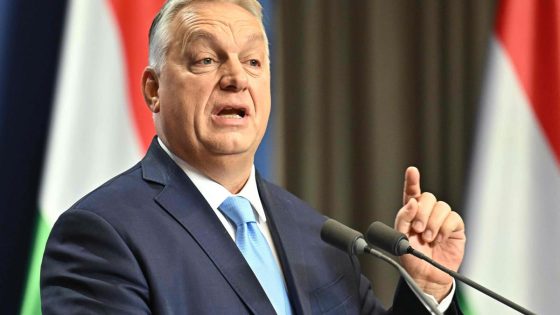


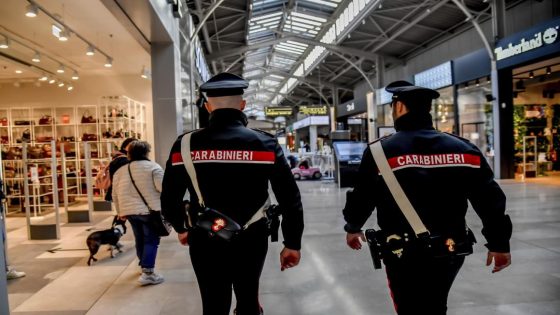
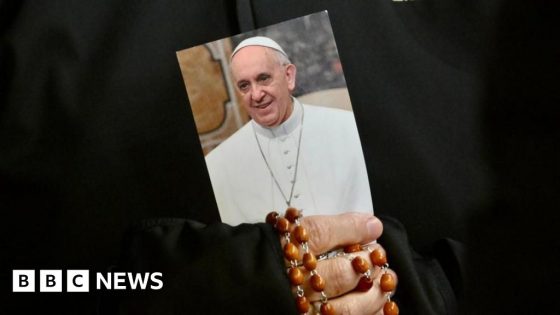


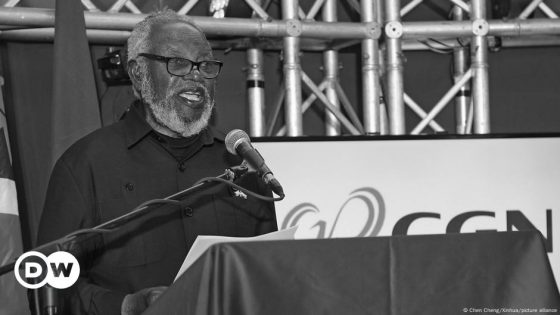
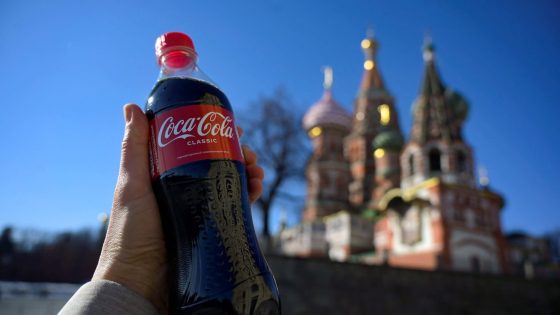
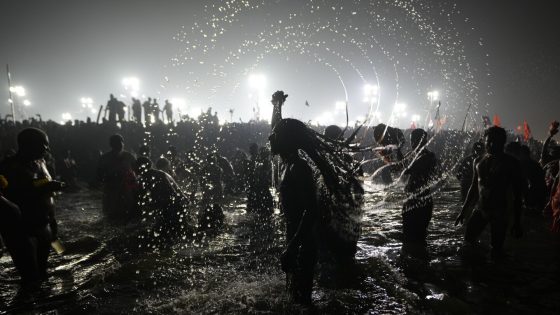
![[BREAKING] Fire erupts on Air Busan Plane at Gimhae Airport; All 176 onboard safely evacuated](https://news.faharas.net/wp-content/uploads/2025/01/Fire-Breaks-Out-on-Air-Busan-Flight-at-Gimhae-Airport-560x315.png)



















